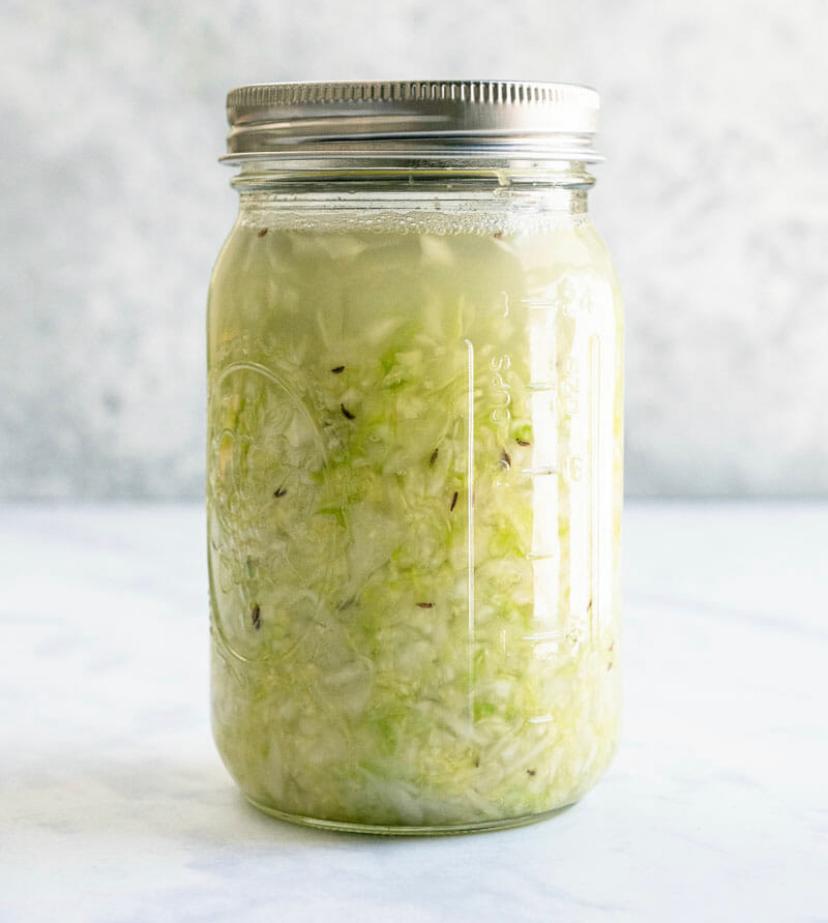It’s natural to feel anxious at times like this, when the news around the global coronavirus pandemic can feel overwhelming. It’s also highly possible that you, or those around you, if you’re self-isolating or working at home for an extended period of time may be prone to feelings of stress, irritability, restlessness, boredom and loneliness.
Here are some tips from our co-founder Dr Clara Russell, on how to stay well.
Nourish your brain and your body
Comfort eating is natural when people become stressed, for others not eating can also be a coping mechanism. Opting for nourishing foods when you can, will benefit both your body and your brain. Swap white refined foods like rice, bread and pasta for brown wholegrain foods. Drink plenty of water for general well-being and good brain health and try to eat plenty of fruit, vegetables, nuts, seeds and oily fish.
Stay connected
Whether its Whatsapp, Facebook messenger, Facetime, Snapchat, Skype or the good old fashioned dog and bone, make sure you’re dialling in to friends and family, for your wellbeing and that of your nearest and dearest. This is especially important if you’re in self-isolation, and if that’s not your thing, send a letter or a postcard. The important thing is that you ‘connect’ – particularly during times of increased stress.
Train your brain
Challenge your mind with puzzles like Suduko, cross words or a game of chess. Or why not learn something new? Try a new recipe, take up a DIY skill, learn to play a musical instrument or start getting your garden or window box ready for Spring. Our brains, as well as our bodies need exercise to ensure optimum health for now, and for the future.
Get some fresh air
Whether it’s taking the bins out, tending your garden, watering your window box, or going for a short walk, try and get some fresh air and get some Vitamin D, if only for a few minutes. Spending time in green spaces or bringing nature into your everyday life can really benefit both your mental and physical wellbeing.
Get moving
Everyone knows that regular exercise is good for the body, and exercise is also one of the most effective ways to boost your mental wellbeing. The science tells us that even light exercise can relieve stress, improve your memory, helps you sleep better, boosts overall mood and help you people feel positive about themselves and their lives. It’s also powerful medicine for many common mental health challenges.
If you don’t have much time try https://seven.app - we love it at Noggin HQ, and can be used by the whole family
Dr Clara Russell









